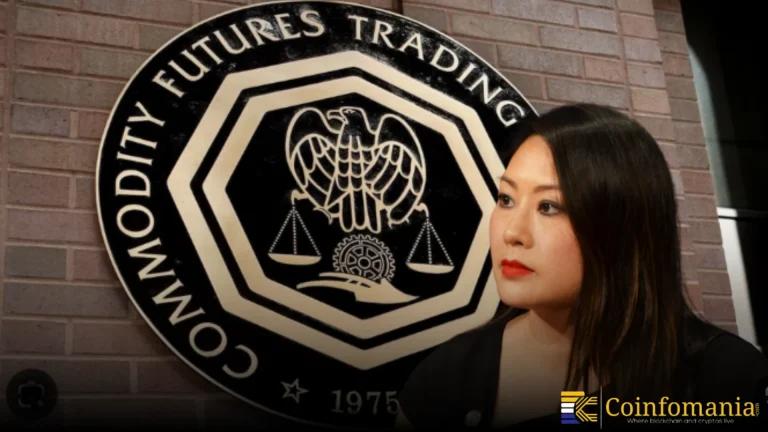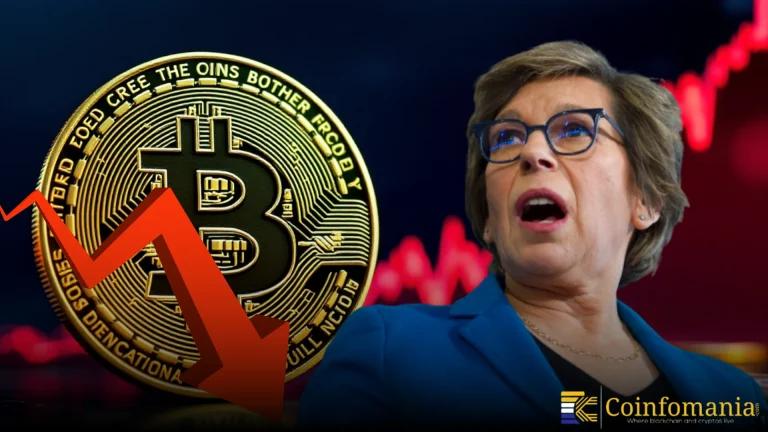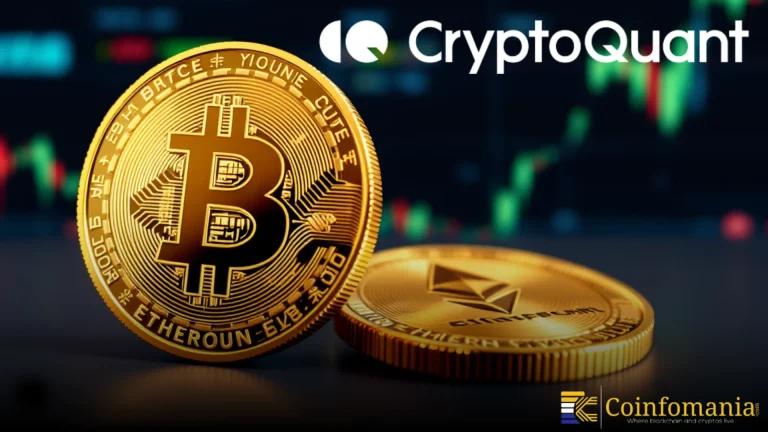ECB’s Frank Elderson Pushes For European Single Market Integration
Dive into efforts to deepen the European single market, as ECB’s Frank Eldersn ourges harmonized rules to boost EU competitiveness.

Quick Take
Summary is AI generated, newsroom reviewed.
Frank Elderson called for urgent harmonisation and a clear timeline to complete the European single market.
Fragmented regulations, especially in services and banking, continue to hinder EU economic and financial integration.
National differences and delayed rule implementation create barriers to a unified and efficient single market.
On June 18, 2025, Brussels hosted the Single Resolution Board Legal Conference. Frank Elderson, Vice-Chair of the ECB’s Supervisory Board, gave a keynote speech. He stressed the need to deepen the European single market across Member States. “We must prioritise harmonising rules, removing barriers and setting a clear timeline,” he said. He referenced Jacques Delors’ 1985 White Paper that found 279 legal barriers to integration. The conference gathered legal and financial experts from across Europe to discuss market integration. The gathering aimed to share insights on removing legal barriers effectively.
Persistent Barriers Undermine the EU Services Sector
Elderson highlighted that the single market boosted long-term EU GDP by approximately 12% to 22%. He noted that services account for 75% of the EU’s GDP and face major obstacles. “60% of service-related barriers are the same as they were 20 years ago,” he said. He added that intra-EU trade in services remains lower than trade with non-EU countries. Elderson warned that outdated regulations continue to distort service market performance across nations. He urged a coordinated approach to remove these persistent service barriers within Europe.
He stated that deeper integration would improve euro area monetary policy efficiency. “The euro’s success relies on synchronised economic cycles, which a functional single market supports,” he said. He explained that differences in securities laws still hinder cross-border banking. He argued that a true financial harmony requires rule alignment instead of deregulation. “Don’t cut rules, harmonise them,” he insisted to emphasise consistent regulatory standards. He noted that harmonised standards would strengthen banking supervision across Member States.
National Inconsistencies Obstruct Market Integration
Elderson criticized national governments for slowing market integration through inconsistent rule application. He described a “self-imposed straightjacket” caused by varied directive implementation across Member States. Differing national interpretations of identical rules complicate cross-border banking operations. He recommended shifting from directives to EU-wide regulations for clearer governance. Elderson stressed that this change would reduce legal fragmentation across the union. He argued stakeholders must cooperate to implement these uniform rules effectively. This could streamline regulatory oversight and foster stronger integration within banking markets.
Legal Fragmentation and Corporate Expansion
This ECB spokesperson pointed out that legal fragmentation affects corporate law and taxation across the EU. He said these obstacles discourage startups and hinder proposed bank mergers across borders. He praised the capital markets union and proposed savings and investment union efforts. Elderson warned that without political agreement on unresolved issues, progress could stall significantly. “Without these steps, the dream of a unified financial system remains incomplete,” he said. He emphasised that solving these matters is essential for broader EU market integration.
The Roadmap for Progress and the Role of Blockchain
Vice-Chair of the ECB’s Supervisory Board concluded by calling for a precise, time-bound roadmap to finish the European single market. He insisted that coordinated and urgent action from all institutions remains vital for progress. Additionally, it was argued that clear timelines and harmonised directives can overcome fragmentation sustainably. The roadmap would support consistent regulation and strengthen financial harmony within the euro area. In line with his speech, enhancements like increased accessibility with blockchain could enhance integration. Such technologies may improve transparency and cross-border operations if applied effectively.
Follow us on Google News
Get the latest crypto insights and updates.


